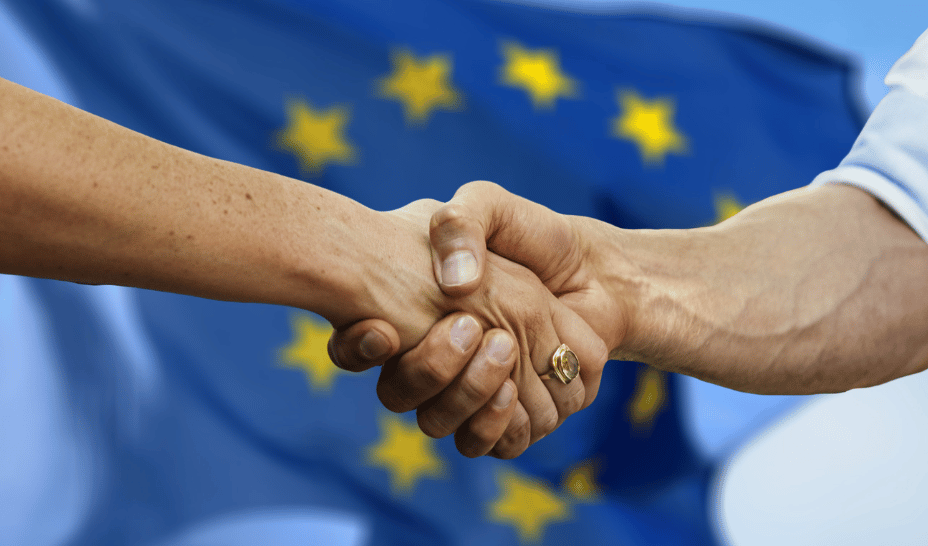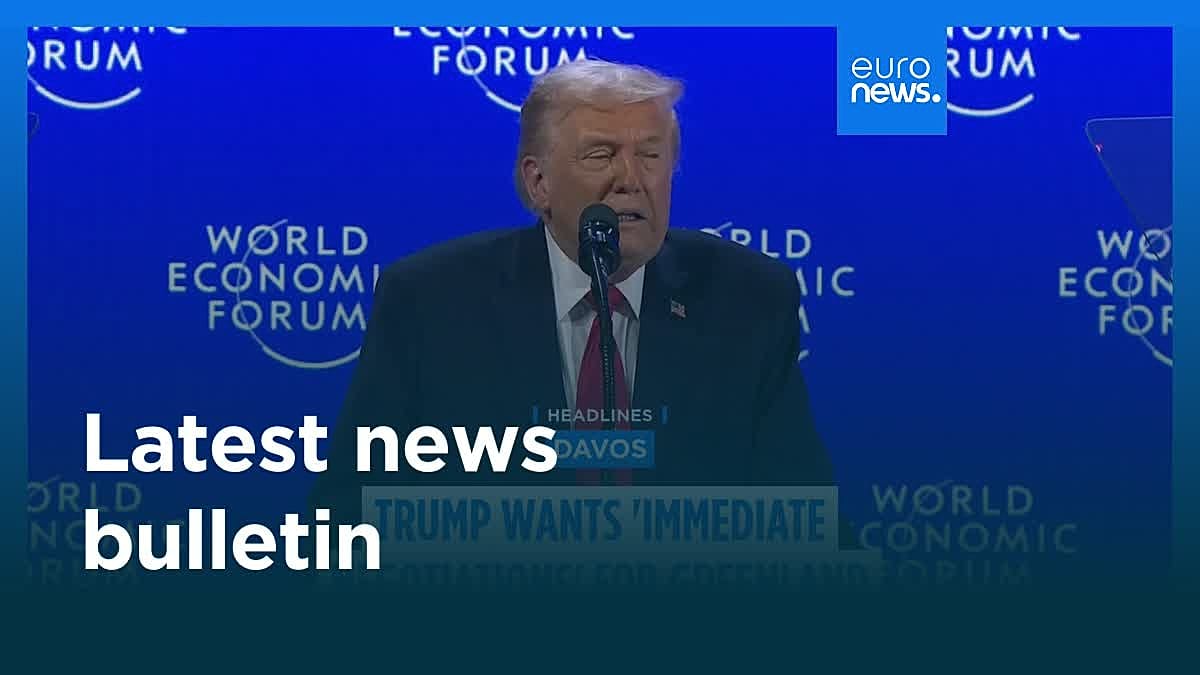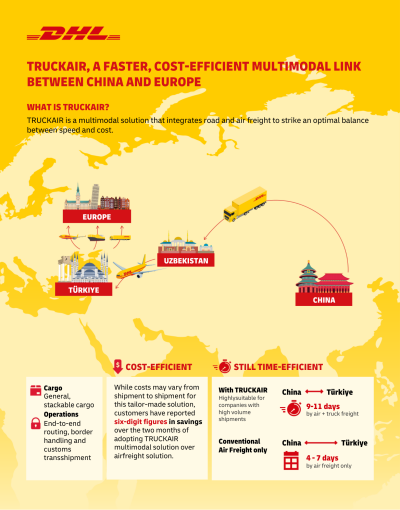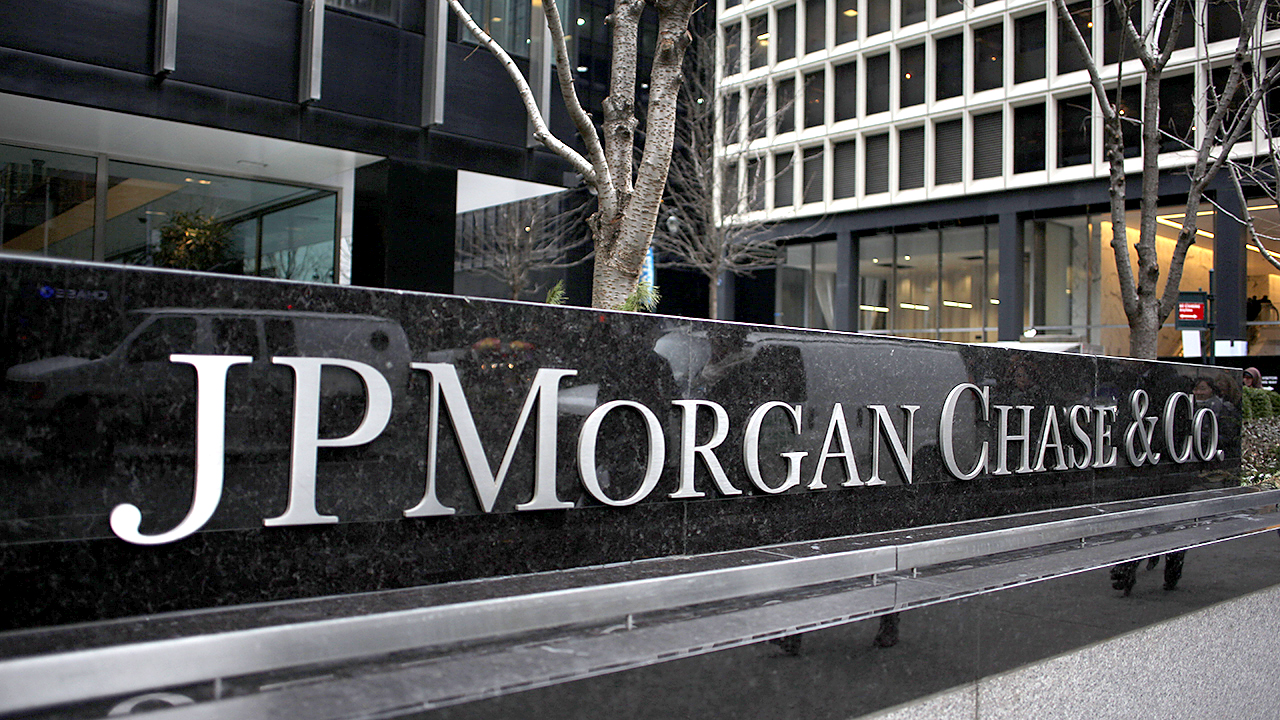The 28th regime: A new chapter in European business integration?

Many MBA cases in top-tier universities teach you that the first taker is usually not the one who gets it right.
When raising money as a founder, one of the fundamental anchors of your investment pitch is to analyse the global benchmark to understand “who tried this before, and what can I learn from them?”. As an investor, when making a decision to invest in a follow-up round, you may wonder: “Is the CEO a first-time founder?” If so, the chances of you putting that cheque forward decrease. Practice and experience provide you with certainty in a world full of uncertain decisions, much like the dynamics of the startup and scaleup ecosystem.
In the land of legislation and regulation, trials and cases prove you either right or wrong. When analysing the 28th Regime proposal or suggestions on how to cut the European red tape, let me tell you, Europe has a lot to offer, and a clear legacy to defend when it comes to the application of these regulations, regardless of the series of constraints they may bring to founders and investors.
Therefore, let me propose a shift in narrative. Instead of viewing all our regulatory history negatively, let us use it as a factor to reduce risk and uncertainty in times of major change. This should be done gradually, to allow for consensus to build.
A little history
Almost 30 years after the then French Foreign Minister, Robert Schuman, stated in 1950: “Europe will not be made all at once, or according to a single plan. It will be built through concrete achievements which first create a de facto solidarity,” a group of scholars (in 1978) raised the idea of codifying European private law. It was Ole Landon who, through a concrete proposal to create a European Uniform Commercial Code, sparked debate around the idea of having a unique EU-wide entity. This was a clear early move toward what is now envisioned as the 28th Regime in Europe, a unique set of rules to be followed by all 27 Member States, hence the reference to the number 28.
Yes, Europe has one currency. Yes, we have a united monetary system. But no, that is not sufficient. The issue of European fragmentation has been repeatedly mentioned in recent reports, manifestos and documents, including those produced by Enrico Letta and Mario Draghi in 2024. To address this, we must begin by building a stable landscape with fewer regulatory barriers.
In times when Europe is falling behind, especially in terms of scalability, it is tempting to criticise what has not been done correctly. Yes, bureaucracy exists. Yes, we are 27 jurisdictions, not one country. Yes, it may be more complex to open, run and scale a company in Europe than in other regions. But we often overlook the historical effort, the many trials and the vision of a more united and solidaristic Europe. That, in fact, is what we are now experiencing in 2025. We are starting to change the narrative in a more positive direction and setting ourselves towards a greater goal, as Enrico Letta clearly stated in his report, Much More Than a Market.
A single EU-wide entity can bring competitiveness to Europe in ways that may be surprising to those outside our region. Why? Because it carries a new mindset, one that thinks and acts at a genuine European scale. These countries have worked together to integrate more closely for over 50 years. Despite challenges, this collaboration has proven effective. European frontiers will become not only more welcoming for EU citizens but also for highly talented founders and investors who may increasingly choose Europe as their first option.
To achieve this, it is important to recognise that the proposal to establish a European Uniform Commercial Code and the Commission’s Principles of European Contract Law are not new. Discussions date back to the 1970s, and again in the mid-1990s (1995), another attempt was made to codify European private law. Many initiatives were launched, but none were implemented — until 2004, when the Societas Europaea (SE) status was introduced. This EU-wide legal entity appears to have been designed mainly for mergers and acquisitions, with a minimum capital requirement of €120,000, making it unattractive to most startups. As of today, fewer than 10,000 companies have adopted the SE framework since its creation.
A new landscape
Our economic landscape is very different today. In 2008, Europe began to see a broader range of unicorns and increased capital investment in innovative companies. News outlets gradually began covering the startup ecosystem as a sign of economic dynamism. Later, a series of conferences and events helped raise awareness of what a “startup” is, differentiating them from the traditional concept of SMEs. These startups eventually became scaleups and later moved towards an exit or IPO.
Startups moved quickly and required minimal red tape. They were global and digital. If the local environment did not support them, they simply moved elsewhere.
A deeper view of how it will ( or will not ) affect national competence
To quickly grasp what the 28th Regime entails, we need to understand a few basics. It is primarily a proposal related to corporate law harmonisation. The main objective is to provide a unified legal framework across the EU for company formation and operation.
According to the SNS Report 2024, it takes more than 24 hours to establish a business online in two-thirds of European countries. In some, it can take several weeks. The 28th Regime aims to offer startups a simplified and standardised legal option that reduces bureaucratic burdens and increases legal certainty across Member States. The ultimate goal is to support the functioning of the Single Market. As noted in the Political Guidelines by Ursula von der Leyen, a one per cent efficiency gain in public procurement could save EUR 20 billion a year.
However, it is important to clarify that the 28th Regime does not aim to override or replace key national competences, such as:
- Taxation policies: including corporate and income tax rates
- Labour laws: including employment protections and social security obligations
These national rules are often the primary reasons why a company may choose to relocate. That is why this distinction is important. While the 28th Regime could simplify the establishment and growth of a company in the EU, it is unlikely to be the only reason why a startup decides to stay in or leave a particular country.
This consideration is particularly relevant for all of us within the startup and scaleup ecosystem. Some national representatives may fear that the 28th Regime will reduce their country’s legal authority or attractiveness, worrying that companies might choose to incorporate under the new EU-wide framework instead of national law. However, this concern may come from a misunderstanding.
The regime, based on current proposals such as those in the Regulatory Barriers Volume of ESNA, would function similarly to the model in the United States. There, companies often incorporate in states like Delaware due to legal simplicity, but operational choices such as tax residency or employee location are still guided by other state-level laws. For instance, Texas is often favoured for its tax policy, while California’s strict labour laws lead many companies to avoid it.
To sum up, instead of seeing Europe’s historically complex regulatory environment as a burden, let us see it for what it is: a source of experience and learning. Let us shift the narrative to a more positive one. From the first legal unification ideas in the 1970s, to renewed efforts in the 1990s, to the Societas Europaea framework of 2004, and now the push for the 28th Regime, we are making progress.
Schuman’s words from 1950 still ring true: “Europe will not be made all at once, or according to a single plan.” And today, we are finally moving forward together, more than ever before in the past 50 years.
The post The 28th regime: A new chapter in European business integration? appeared first on EU-Startups.















































